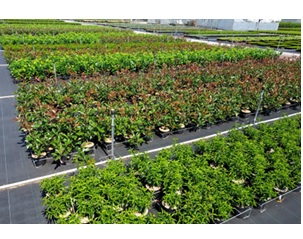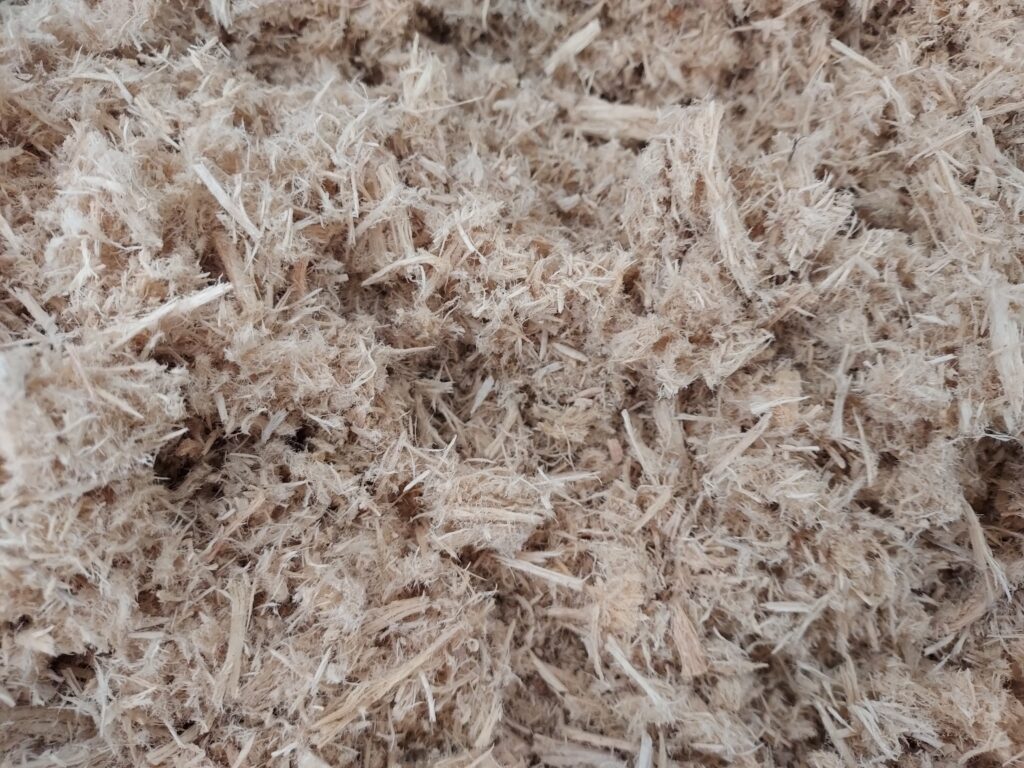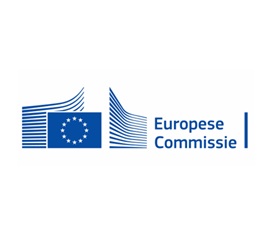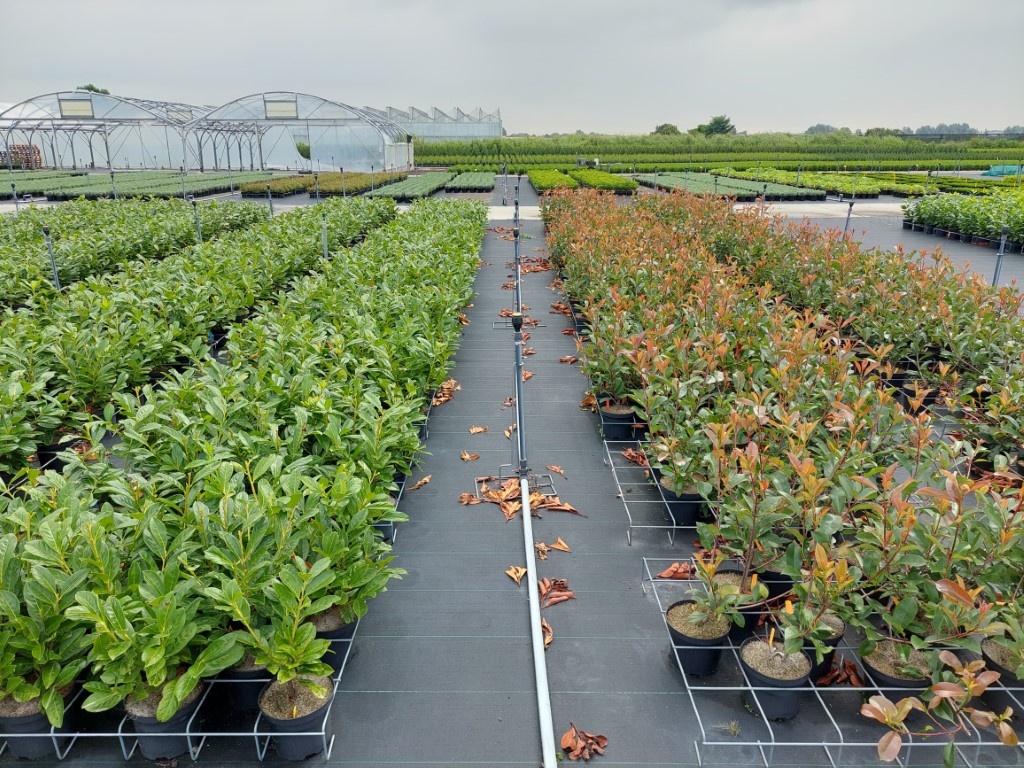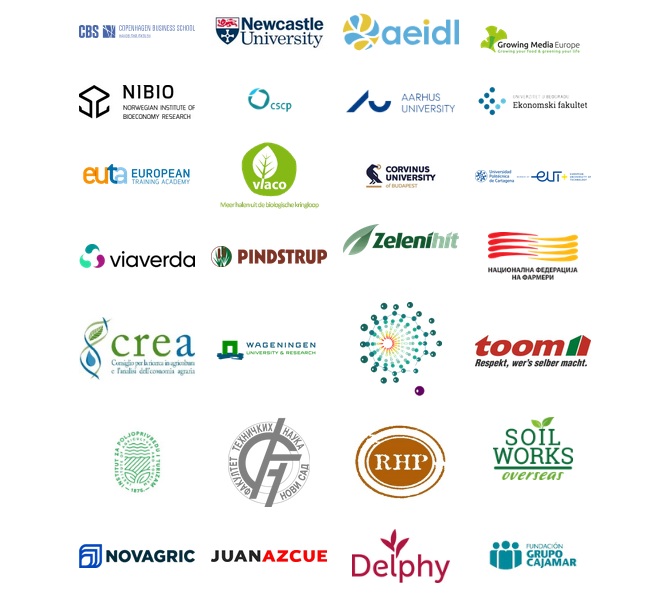Hort2thefuture
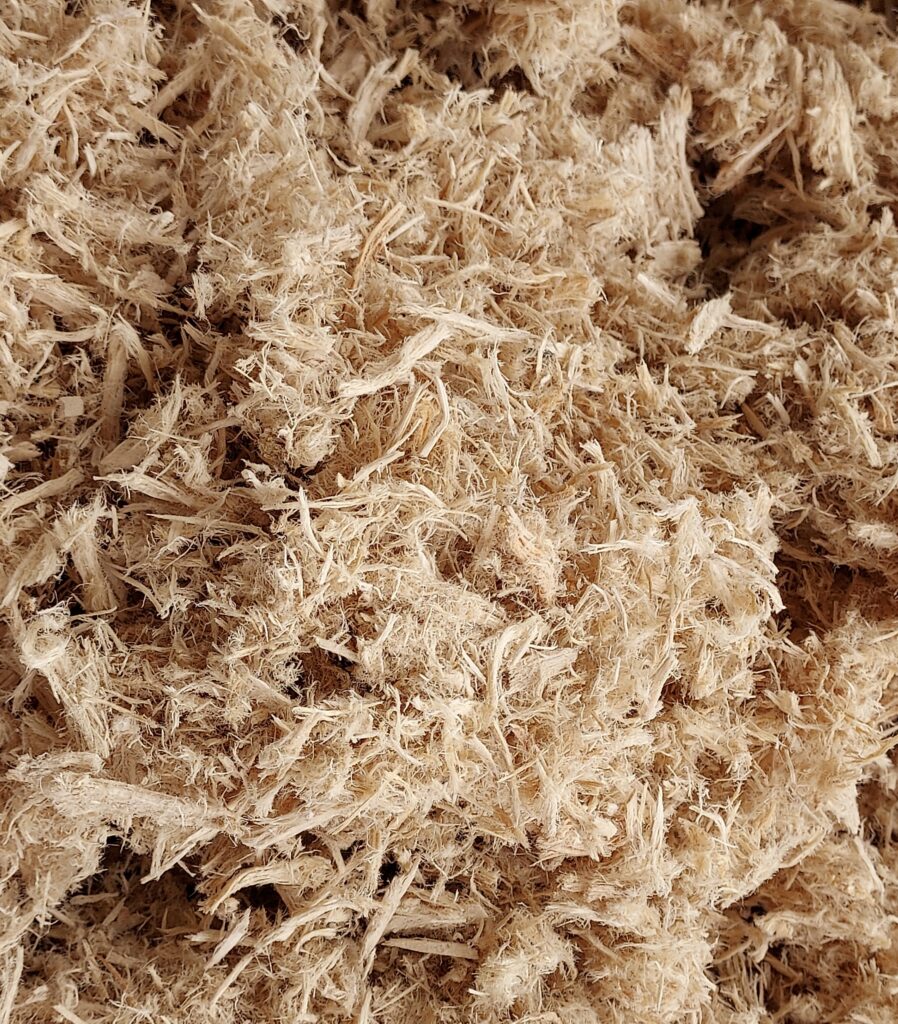
Hort2thefuture is a project that will run from 2024-2028. It involves 28 partners from 12 European countries in the fields of research, suppliers, retail, growers, communication, training and stakeholders. The project will contribute to the realization of soil health objectives by involving stakeholders from across the entire agri-food chain and collaborating with the Food and Agriculture Organization (FAO).
Delphy is one of 28 partners in the Horizon Europe project Hort2thefuture. The project will scale up innovative, sustainable solutions for horticulture. Sustainable (peat-free) substrates and more efficient techniques (fertilization, fertigation, irrigation) and adapted soil cultivation, as well as how farmers can adapt their behavior, are all topics that will be examined over the next four years (2024-2028).
To achieve this ambitious goal, Hort2thefuture is organized around five themes:
- Mapping systems, sustainability assessment and decision-support tools.
- Accelerating innovation for sustainable alternatives to peat.
- Accelerating innovation for reducing input use in horticultural production systems.
- Accelerating innovation for improving soil structure and reducing soil compaction.
- Pilot locations and campaigns to change behavior in order to introduce more sustainable and soil-friendly horticulture.
The multidisciplinary approach will address the current gaps in knowledge and obstacles to the introduction of more sustainable horticultural practices. Hort2thefuture identified six objectives to achieve the goal and expectations.A
Objectives of Hort2thefuture
- Develop a methodological framework and tools for effective sustainability/LCA analyses.
- Create and promote the commercial application of relatively cheap, reliable, peat-free growing media in horticulture, using raw materials from the EU, with a significantly lower carbon and environmental footprint than peat.
- Developing and marketing new products and production systems that reduce the use of inputs (fertilizers, water, etc.) in horticulture.
- Develop and market new products that improve soil structure and reduce soil compaction in horticulture.
- Stimulate behavioral change, encouraging end users to switch to more sustainable production systems in horticulture, including alternatives to peat.
- Communicate and disseminate project results.
